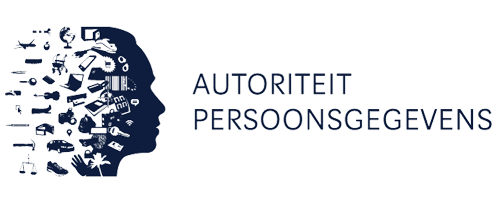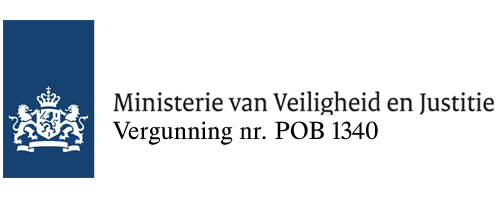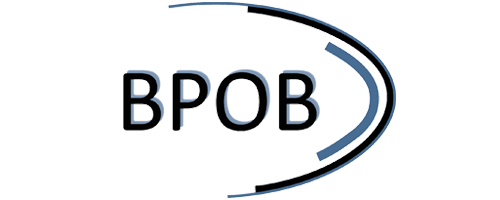
Theft by staff
Is it a criminal offence to take a pen from work? Can you make 1,000 copies at work for the local sports club without asking?
We get questions like this on a regular basis, even in radio interviews, for example. The answer is not always simple. Much depends on agreements made within a company, but these agreements are actually always an extension of the basic rule: you stay away from other people's things. Taking something without permission is theft (or embezzlement).
Over the past 20 years, we have investigated countless issues in which theft by our own personnel or theft by others was found to have been facilitated by our own personnel. By taking a proper inventory and analyzing the available information responsibly and carefully, a plan of action for an investigation can be developed. Using various elements, this investigation can be constructed and carried out, always keeping in mind proportionality and subsidiarity. Simply put, the least severe and intrusive means should be used to try to achieve the maximum result (finding out the truth). This means that it cannot be a matter of course to proceed, for example, with the installation of "hidden cameras. Covert camera surveillance is a heavy tool, and before proceeding to do so, a number of important issues must be considered. For example, it should first be considered whether other (less intrusive) methods of investigation could also lead to more clarity. A camera protocol should also be in place within a company or organization.
When an investigation into the disappearance of money or goods has provided sufficient evidence for the involvement of one or more employees of a company or organisation, an interview with the person(s) involved is an essential part of the investigation. It goes without saying that the person(s) involved has the right to an explanation of the investigation and the results, but also the right to be heard.
If there is a gut feeling that points to internal theft, do not hesitate to ask for advice. An intake interview is always free of charge and non-binding.


